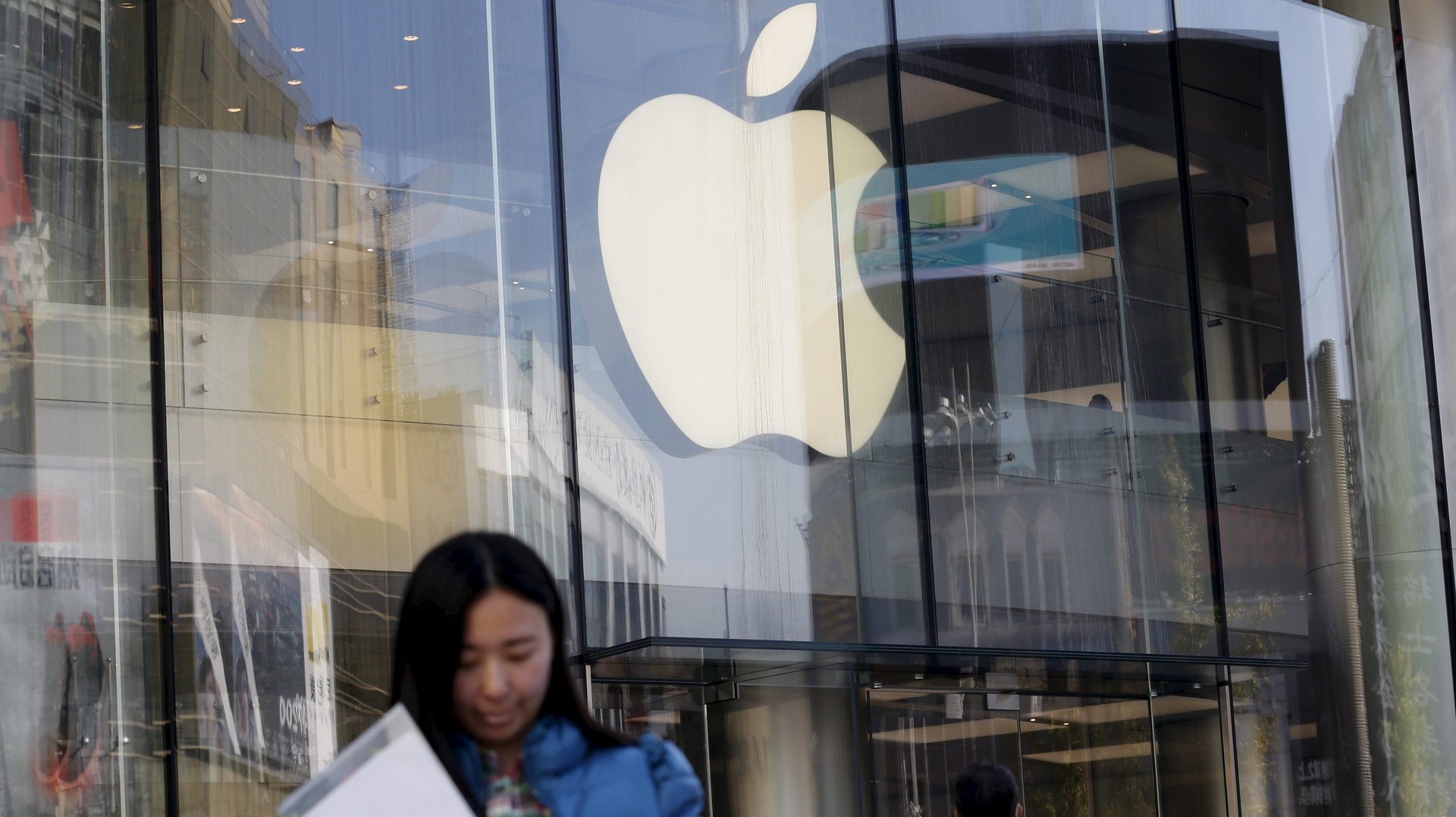It took a Congressional hearing to make Apple admit it is not giving China access to its source code
Apple’s top lawyer finally said something in public on Tuesday (April 19) that lays to rest more than a year of speculation about access the company is giving to officials in China, which is expected to become the phone giant’s top market.


Apple’s top lawyer finally said something in public on Tuesday (April 19) that lays to rest more than a year of speculation about access the company is giving to officials in China, which is expected to become the phone giant’s top market.
Under oath during a Congressional hearing, Bruce Sewell told lawmakers that yes, Chinese officials have asked the company for its operating system source code, proprietary programming code that some say could be exploited to allow holders to spy on users. But no, he said, Apple has never turned it over.
“I want to be very clear on this,” Sewell said, according to Reuters. “We have not provided source code to the Chinese government.”
Apple previously called a US Department of Justice report that questions whether the company treats requests for proprietary information from US officials and Chinese ones differently a “cheap shot” and a “smear”—but those questions started with Beijing. China’s state-run media reported last January that Apple had agreed to China’s “security checks,” making it the “first foreign firm” to do so. After Apple didn’t clarify or refute the remarks publicly, some analysts interpreted them to mean Apple had shared source code with Beijing. (Apple has said it wouldn’t allow any “back doors” to its products.)
Chinese authorities have been trying to persuade foreign tech firms to turn over their source code and hand over encryption keys since last year, moves the industry is opposing as a group, but executives have rarely spoken on the topic individually.
It is not unusual for foreign companies eager to expand in China’s massive market to treat Chinese government officials with deference they don’t always show at home. Media companies hoping for access to China’s massive pool of internet users have been known to pledge to focus on “core” business coverage, for example, presumably at the expense of more sensitive political coverage. Facebook CEO Mark Zuckerberg has done everything from jogging in Beijing’s polluted air to asking employees to read Chinese president Xi Jinping’s book to show he’s embracing China.
Apple’s testimony was part of a hearing called by a House Energy and Commerce subcommittee, after the company battled with the Federal Bureau of Investigation over demands it unlock a phone used by one of the San Bernardino terrorists. Dozens of tech companies signed “amicus briefs” supporting Apple’s argument that developing a “master key” to unlock its operating system could be dangerous. The phone was ultimately unlocked by a third party.